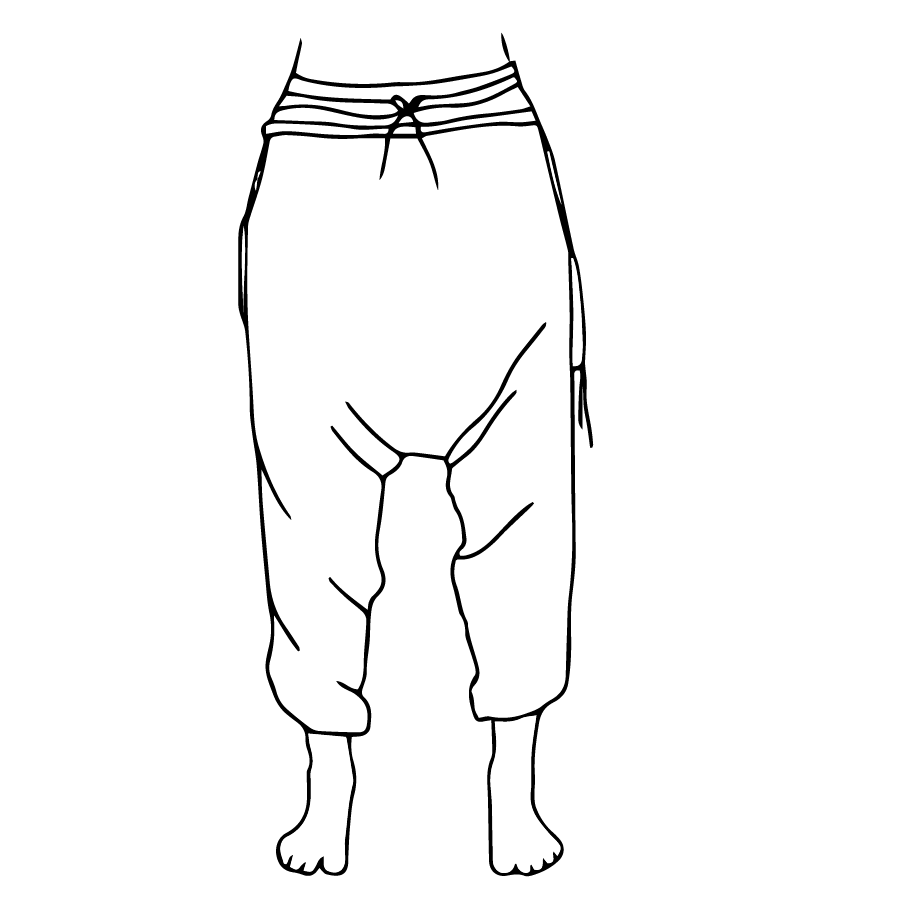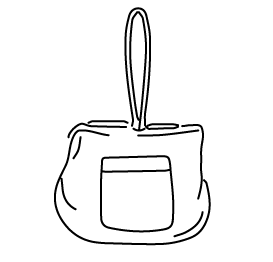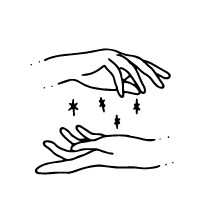Recycling can be tricky, but given the alternatives, well… there are none. With landfills filling up, waters fouled, and clean air disappearing, we simply must think to generations ahead and do everything we can now to protect present and future generations. A little common sense coupled with a caring attitude for the beautiful, finite, closed system we live in will go a long way to assuring our survival.
Here are some items to think carefully about as you consider what goes in your recycling bin, and what doesn’t. Keep in mind, recycling rules vary from place to place. When in doubt, check with your local trash collection facilities for helpful guidance.
The most commonly known item not to recycle is Styrofoam. Made from a material called polystyrene it doesn’t biodegrade. Some packing “peanut” materials are now made from a corn by-product that literally dissolves in water. This can safely be “melted” in regular ol’ tap water.
Bubble wrap most definitely cannot be recycled. Recycling processing machines don’t know what to do with the thin film. Local post offices are often happy to take it to give to customers needing it to ship parcels. Thrift stores and second stores are also often in need of it.
Power cords and electric extension cords are also no-no’s for recycling. Try donating them to public places and charities. Remember this — Donating useful items is always better than recycling, which is always better than throwing something away.
Aerosol cans cannot be recycled due to pressurized air inside the canister. Explosions and fires are not uncommon. Handle carefully. A little pressurized air always remains in the can even after the contents are “done.”
Single-use batteries can be recycled at many locations or through mail-in programs, but not in your curbside bin. The same applies to rechargeable batteries and car batteries. Consult your local trash authorities for battery recycling locations or pick-up options.
Mirrors are hard to recycle due to the reflective coating. Recycling mirrored glass with regular glass will make the regular glass unusable. If your mirror is in one piece, try donating it. If you must throw away mirror glass, be sure to wrap it in newspaper. The people handling your trash and recycling will thank you for keeping their safety in mind.
Wire hangers aren’t usually made of pure metal, and plastic hangers aren’t always pure plastic, so neither of them are guaranteed recyclable. Some places like New York City allow you to toss your wire hangers in with the rest of your recycling, but most other places won’t accept them; their curved ends can be problematic when sorting. Instead, take them to your local thrift store. They’ll be happy to take them off your hands.
These are just a few non-recyclable items. There are many more so do your best to be aware of local guidelines and to think of your children’s children before tossing them in the trash. Recycle! Mother Earth thanks you.
































Leave a comment
This site is protected by hCaptcha and the hCaptcha Privacy Policy and Terms of Service apply.